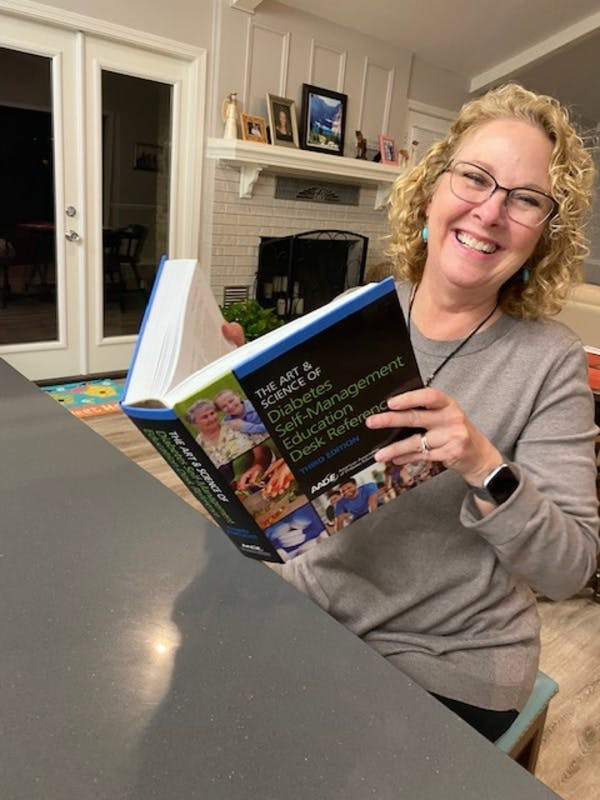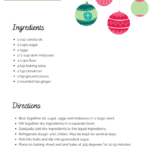People who work with a CDCES do better. Research shows that people who have received (competent and professional) diabetes education:
- Use primary care and preventive services more often than resorting to the emergency room and hospital. (Resulting in savings to the patient and the hospital);
- Are more likely to take medications as prescribed (thus reducing complications from diabetes and (again) incurring greater health care costs to both the patient and the health care system ); and
- Are better at controlling their glucose, blood pressure, and cholesterol levels (again reducing doctor visits, complications from diabetes and thus significantly improve the quality of life of those suffering from the disease).
Yet under 10% of people with diabetes currently meet with a CDCES.
So what is a CDCES you ask?
It’s a Certified Diabetes Care and Education Specialist.
 We used to be called CDEs, Certified Diabetes Educators. But that name didn’t represent all that we do. When asked, a CDE made people think of someone teaching a class. Sure we do that, but oh so much more.
We used to be called CDEs, Certified Diabetes Educators. But that name didn’t represent all that we do. When asked, a CDE made people think of someone teaching a class. Sure we do that, but oh so much more.
CDCESs are perfectly suited to help you meet your goals and save you money. Our specialty changed our name to rebrand and better reflect all that we do.
We provide clinical care, and can help improve diabetes, obesity, high blood pressure and heart disease.
We teach the proper use of diabetes technology. We can also help match the right device to the patient’s needs.
We are “change agents.” We help people with diabetes make the most meaningful changes to prevent serious debilitating health problems. In other words, we help you reach these targets:
- Get your A1C level to less than 7, for most people;
- Reduce your blood pressure to a level under 140 systolic over 90 dystolic.
- Help reduce your total cholesterol level to less than 200, your LDL cholesterol to less than 100 and your triglycerides to less than 150.
To be clear, people without the CDCES credential can work in diabetes education programs and can assist you to meet these goals.
However a CDCES is a highly trained specialist with specific qualifications.
Here are the requirements to become a CDCES:
1. You must belong to one of the following professions:
registered nurse
registered dietitian nutritionist
pharmacist
(clinical psychologist, MD, DO, OT, PT, optometrist, podiatrist);
2. Have a minimum of 2 years experience in your discipline AND a minimum of 1,000 hours of diabetes education experience;
3. Obtain a minimum of 15 hours of continuing education activities prior to sitting for the exam;
4. Pass the Certification Exam for Diabetes Educators; and
5. Maintain at least 75 hours of continuing education every 5 years
I’ll never forget the feeling of accomplishment when I passed the exam in 2007. I studied for a year to be sure I was ready. Being a Registered Dietitian Nutritionist (RDN) I already knew the nutrition part, but a CDCES has to understand all of the other aspects of diabetes.
It is very rewarding to help people with diabetes live longer and healthier lives. With the epidemic of diabetes and other cardiometabolic conditions, it is difficult to be so underutilized as a profession. That needs to change.






Leave a Reply